Imagens (1972)
Gênero : Drama
Runtime : 1H 8M
Director : Luiz Rosemberg Filho
Sinopse
O média-metragem "Imagens", de Luiz Rosemberg Filho, talvez seja a obra mais radical da carreira do diretor. Reencontrado recentemente na França, depois de ter sido dado como perdido, o filme, rodado no auge da ditadura militar, é uma afronta aos mais diversos tipos de repressão daquele período.

A girl gets in a car accident and wanders through the woods, encountering all kinds of nightmarish things.
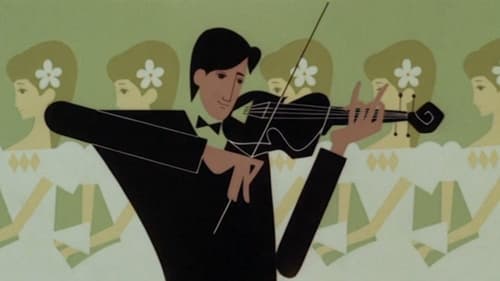
The sad and happy times of a young girl and her bear doll, a young mouse and his family, a sycamore tree, an old lamp post, a hoodlum moth and an alleyway full of posters coming to life.

The creation of Earth and Mankind. And how God changed his mind.

Experimental filmmaker Pip Chodorov traces the course of experimental film in America, taking the very personal point of view of someone who grew up as part of the experimental film community.
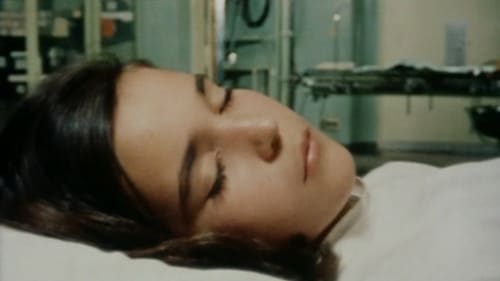
Cenas filmadas em vários países do Mediterrâneo, com assuntos variados, são exibidas diversas vezes durante o filme, sempre separadas e com diferentes durações. As imagens são acompanhadas por um texto de Phillippe Sollers e trilha sonora de Antoine Duhamel.

Adaptação do romance de Anthony Burgess, Laranja Mecâninca por Andy Warhol.

Maya Deren’s shortest, two-minute A Study in Choreography for Camera seems like an exercise piece to capture a dancer’s movement on celluloid, which later on developed into her masterpieces such as Ritual in Transfigured Time and Meditation on Violence.
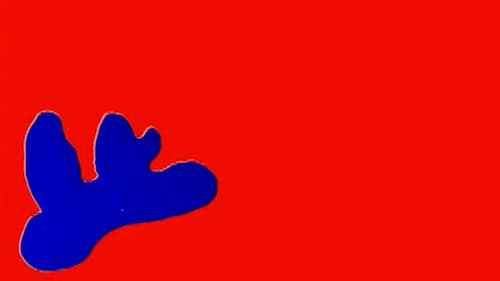
An experimental film in which both sound and visuals were created entirely by Norman McLaren drawing directly upon the film with ordinary pen and ink. The main title is in eight languages. Rereleased with multilingual titles in 1949.
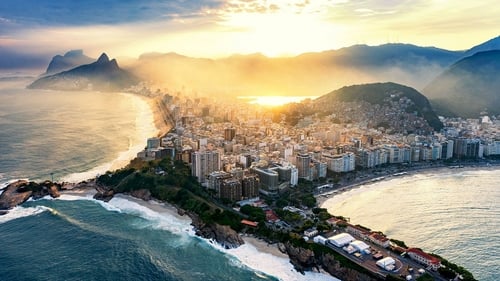
Setembro de 2008, nos becos escuros das favelas cariocas: Homem Aranha, 28 anos, chefe do tráfico da Coréia, faz a ronda do seu domínio sem poupar críticas à corrupção da polícia e a mídia sensacionalista; o delegado Leonardo Torres, policial marombado da Delegacia de Repressão aos Narcóticos, avança agachado ao invadir o Complexo do Alemão no meio de um tiroteio; Pastor Dione tenta evangelizar almas perdidas enquanto negocia a paz entre grupos rivais como mediador. Sem disfarçar identidades, o documentário penetra num conflito que gera uma das taxas de mortandade mais elevadas do mundo.
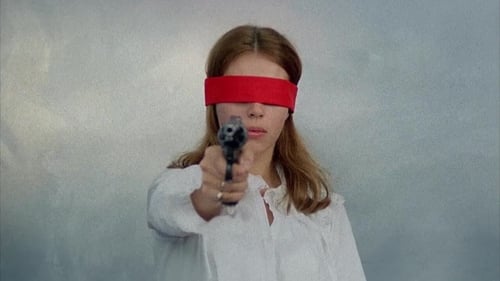
A group of French students are drawn into the psychological and sexual games of a mysterious Dutchman. Once they sample his "fear powder" the students experience a series of hallucinations.
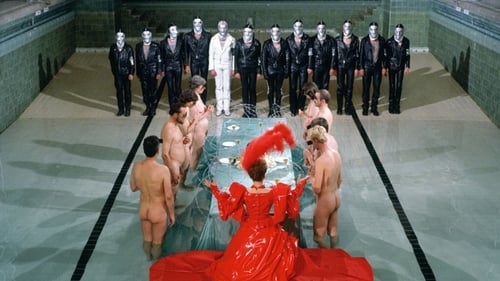
FREAK ORLANDO is divided into five more-or-less distinct sections, all featuring "Freak" Orlando, a woman, played by the late Magdalena Montezuma, who appears in various guises, and deformities, throughout.

Experimental film fragment made with the Edison-Dickson-Heise experimental horizontal-feed kinetograph camera and viewer, using 3/4-inch wide film.
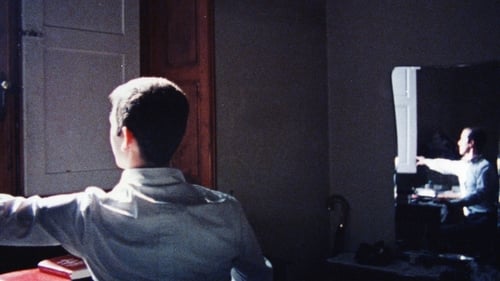
"From the Notebook of..." was shot in Florence and takes as its point of departure Leonardo da Vinci's notebooks and Paul Valéry's essay on da Vinci's process. These two elements suggest an implicit comparison between the treatment of space in Renaissance art and the moving image. The film marks a critical development in the artist's work in that he repeatedly employs a series of rapid pans and upward tilts along the city's buildings or facades, often integrating glimpses of his own face. As Beavers notes in his writing on the film, the camera movements are tied to the filmmakers' presence and suggests his investigative gaze.

The Mexican Gelsen Gas side by side with Alexandro Jodorowsky (Fando y Lis, El Topo, The Holy Mountain and others) appeared as a theater director, artist and poet, had an idea about staging haiku's that would reflect the sexually-charged and politically streaming time. Early in the film finds a man buried a few rolls of film in the desert.

Part documentary, part personal essay, this experimental film combines archive imagery with the striking wintry landscapes of Alaska to tell the story of immigrant experience coming into the UK from 1960 onwards.

Chao-Li Chi shadow boxes indoors and practices with a sword outdoors. Theoretically, the film describes in a single continuous movement three degrees of traditional Chinese boxing, Wu-tang, Shao-lin, and Shao-lin with a sword. A long sequence of the ballet-like, sinuous Wu-tang becomes the more erratic Shao-lin; in the middle, there is an abrupt change to leaping sword movements, in the center of which, at the apogee of the leap, there is a long held freeze-frame.

A deconstruction of Dog Star Man that takes the four rolls and shows them first combined, then each combination of three rolls, then each combination of two rolls, then each individual roll. The plot is of a man who goes up a mountain with a dog to chop down a tree but has some unspecified transcendental experience while he is there.

Images of two women, two men, and a gray cat form a montage of rapid bits of movement. A woman is in a bedroom, another wears an apron: they work with their hands, occasionally looking up. A man enters a room, a woman smiles. He sits, another man sits and smokes. The cat stretches. There are close-ups of each. The light is dim; a filter accentuates red. A bare foot stands on a satin sheet. A woman disrobes. She pets the cat.

Mergulhando em planos íntimos, Brakhage documenta o nascimento de sua primeira filha. Cadenciadas poeticamente, as imagens da mãe, sua face, corpo, barriga, mãos, e do afeto entre os pais compõem o retrato fragmentado e emocionante do momento do nascimento.














